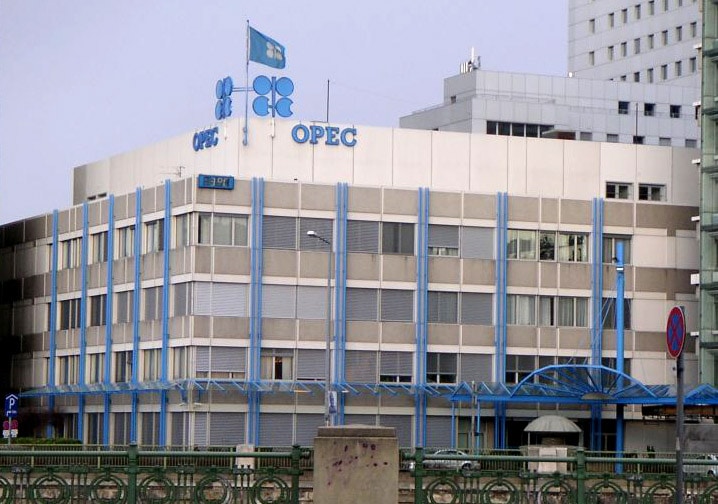
Organisation of Petroleum Exporting Countries is a body that was established in 1960 by five top oil-exporting countries, Iran, Iraq, Kuwait, Saudi Arabia, and Venezuela to enable them to adopt uniform policies towards oil-importing countries. The organisation is an international economic organisation formed by some petroleum producing countries to stabilize and control the world production and price of crude oil.
The aims of the organisation:
- To eliminate fluctuations in the price of the products
- To ensure a steady income to the oil-producing countries
- To ensure stability in the price of petroleum in the international market
- To coordinate the member countries and safeguard the interest of the members
- To regulate the supply of the petroleum industry
The Role of OPEC in the Production, Refining, and Marketing of Petroleum Products in Nigeria
1. OPEC ensures that the price of petroleum does not decline excessively.
2. The member countries have the strength of the reserves to cope with the forecast rises in demand.
3. It encourages the development of commercial, industrial, and domestic fields.
4. It stabilizes the price of petroleum products.
5. It enables the steady supply of petroleum products.
6. To ensure the eradication of poverty and sustainable growth and development in the member countries.
7. OPEC ensures that the supply of natural resources is exploitedTo use someone or something unfairly for your own advantage. More in a proper manner.
Achievements of OPEC
- Influence in determining oil product price
- It helps to control foreign oil companies operating in the territories of the member nations.
- It has succeeded in assisting members to formulate petroleum policies
- To put in place funds for international development in third world nations that would help development and growth
- OPEC existence has achieved trade relationships among member states.
- It has helped to protect the interest of member states.
Problems of OPEC
1. Political disagreement among members have negative effects on the organisation
2. The activity of developed nations in stockpiling oil is causing a fall in the price
3. The global economic depression is contributing to price fluctuations
4. Dishonesty among members state
5. Non-member states’ activities undermine the effectiveness of the organisation.
6. Rivalry for the leadership of the organisation has negative effects on the progress of operation
7. Non-compliance of member countries on the quota as given by the organisation.
Solutions to Some of the Problems of OPEC
1. The organisation should maintain a stable price in order to avoid price fluctuations.
2. The organisation should fix production quota for its members.
3. OPEC should sanction members that sidetrack the agreed quota
4. The organisation should create unity among members
5. OPEC should rotate the key posts among its members to avoid rivalry and disagreement



Responses